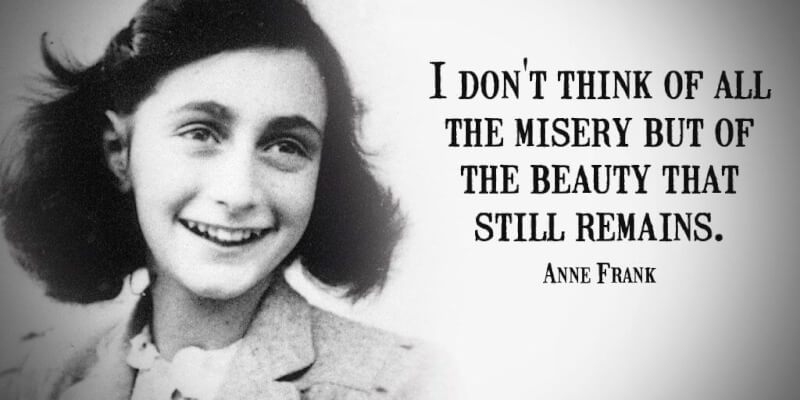Joy is nuanced and each day emerges in many forms.
A source of deep joy is the fact our world had 62 years with Paul Farmer in it.
The journalist Tracy Kidder is known for his absorbing, subtle accounts of everyday heroism and moral tenacity. In 2000, Kidder published a striking Profile of Paul Farmer, a doctor who for decades served underrepresented communities in Haiti, and who died this week, at the age of sixty-two.
In “The Good Doctor,” Kidder follows Farmer as he tends to patients at Zanmi Lasante, a medical complex located in Haiti’s Central Plateau, and as he travels to other countries to boost interest in solving the health crises of poor communities worldwide. “No one else is treating impoverished Haitians with the new anti-retroviral drugs,” Kidder writes. “Even some of his allies in the Haitian medical establishment think he’s crazy to try. . . . But the fact that the poor are dying of illnesses for which effective treatments exist is, like many global facts of life, unacceptable to Farmer. Indeed, to him it is a sin.”
Kidder offers an observant perusal of what it takes to live with both idealism and humility, as well as with a helpful dose of humor. Farmer isn’t a saint, and Kidder is adept at revealing the very human side of altruism—as well as its costs.
The true nucleus of Kidder’s piece is Farmer’s focus on the interconnectedness between the rich and the poor, particularly in the field of health. However much prosperous nations may desire to gloss over such disparities, Kidder notes, figures like Farmer emerge to hold our feet to the fire, challenging us to question our complacency.
At one point, Farmer asks, “What does it mean to be human?” It’s an eternal question—and, to some extent, unanswerable. Yet by the end of Kidder’s vivid exploration, he has cleaved the ignorance and cynicism that insulate us—and, having shared Farmer’s question, has also provided a revelatory response.
